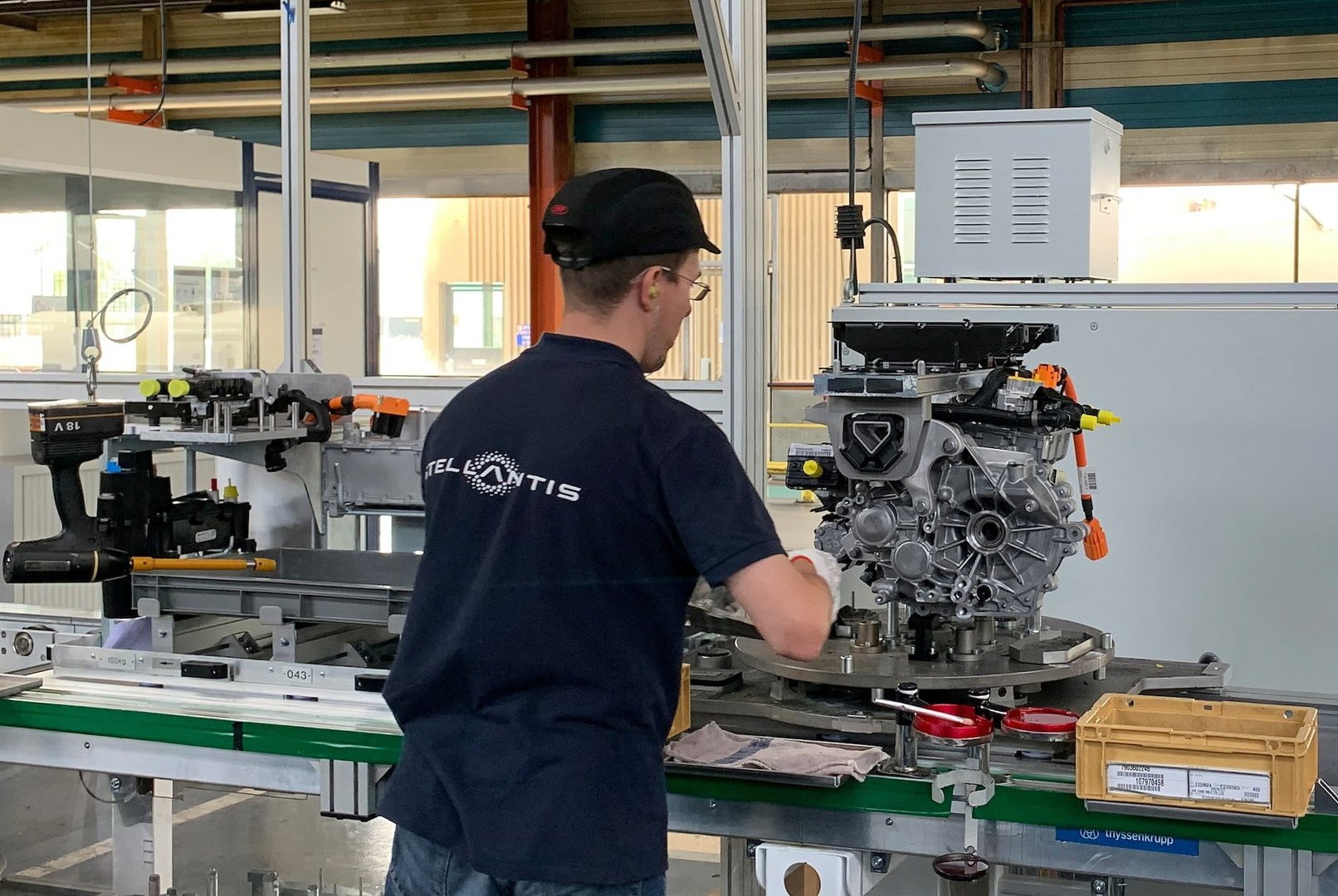
German Automakers Caution Against Economic Consequences from Trump's Tariff Proposals
Germany's automobile sector warns that U.S. tariffs might increase vehicle prices, negatively impact international car manufacturers, and affect American consumers.
Germany's influential automotive industry has voiced fears over U.S. President Donald Trump's proposed tariff plans, warning that these measures would raise car prices for American buyers and negatively affect global car manufacturers.
Hildegard Mueller, president of Germany's VDA auto association, stated that the tariffs would increase U.S. inflation, thus contradicting Trump's promise to reduce it.
Although Trump has not yet enacted these tariffs, he suggested they might be applied to imports from Canada and Mexico as early as February 1.
In the past, Trump has leveraged the threat of tariffs to urge automakers to relocate more production to the U.S. Since global car manufacturers, including those from Europe, Japan, and South Korea, depend significantly on Mexico for vehicles intended for the U.S., the proposed tariffs could disrupt the automotive supply chain.
Major carmakers like Honda, Mazda, Hyundai, and Kia, which produce vehicles in Mexico, experienced declining share prices following the tariff news.
Volkswagen, the world's second-largest automaker, expressed concern over the potential adverse effects on the U.S. economy, particularly on American consumers.
The company also highlighted its significant investment in U.S. production, including over $10 billion in planned investments in its Chattanooga plant and a joint venture with Rivian.
Automakers have been actively negotiating with Trump's administration to avert the tariffs, with Stellantis Chairman John Elkann and other executives meeting with top U.S. officials even before Trump’s inauguration.
Volkswagen, Mercedes-Benz, and BMW, all of which have plants in Republican-leaning states, have reiterated their commitment to U.S. production. VDA’s Mueller stressed the economic significance of their operations in the U.S.
The automotive sector continues to seek a resolution that avoids punitive tariffs, highlighting their potential harm to U.S. consumers, the broader economy, and the global automotive industry.
Hildegard Mueller, president of Germany's VDA auto association, stated that the tariffs would increase U.S. inflation, thus contradicting Trump's promise to reduce it.
Although Trump has not yet enacted these tariffs, he suggested they might be applied to imports from Canada and Mexico as early as February 1.
In the past, Trump has leveraged the threat of tariffs to urge automakers to relocate more production to the U.S. Since global car manufacturers, including those from Europe, Japan, and South Korea, depend significantly on Mexico for vehicles intended for the U.S., the proposed tariffs could disrupt the automotive supply chain.
Major carmakers like Honda, Mazda, Hyundai, and Kia, which produce vehicles in Mexico, experienced declining share prices following the tariff news.
Volkswagen, the world's second-largest automaker, expressed concern over the potential adverse effects on the U.S. economy, particularly on American consumers.
The company also highlighted its significant investment in U.S. production, including over $10 billion in planned investments in its Chattanooga plant and a joint venture with Rivian.
Automakers have been actively negotiating with Trump's administration to avert the tariffs, with Stellantis Chairman John Elkann and other executives meeting with top U.S. officials even before Trump’s inauguration.
Volkswagen, Mercedes-Benz, and BMW, all of which have plants in Republican-leaning states, have reiterated their commitment to U.S. production. VDA’s Mueller stressed the economic significance of their operations in the U.S.
The automotive sector continues to seek a resolution that avoids punitive tariffs, highlighting their potential harm to U.S. consumers, the broader economy, and the global automotive industry.
Translation:
Translated by AI
AI Disclaimer: An advanced artificial intelligence (AI) system generated the content of this page on its own. This innovative technology conducts extensive research from a variety of reliable sources, performs rigorous fact-checking and verification, cleans up and balances biased or manipulated content, and presents a minimal factual summary that is just enough yet essential for you to function as an informed and educated citizen. Please keep in mind, however, that this system is an evolving technology, and as a result, the article may contain accidental inaccuracies or errors. We urge you to help us improve our site by reporting any inaccuracies you find using the "Contact Us" link at the bottom of this page. Your helpful feedback helps us improve our system and deliver more precise content. When you find an article of interest here, please look for the full and extensive coverage of this topic in traditional news sources, as they are written by professional journalists that we try to support, not replace. We appreciate your understanding and assistance.











